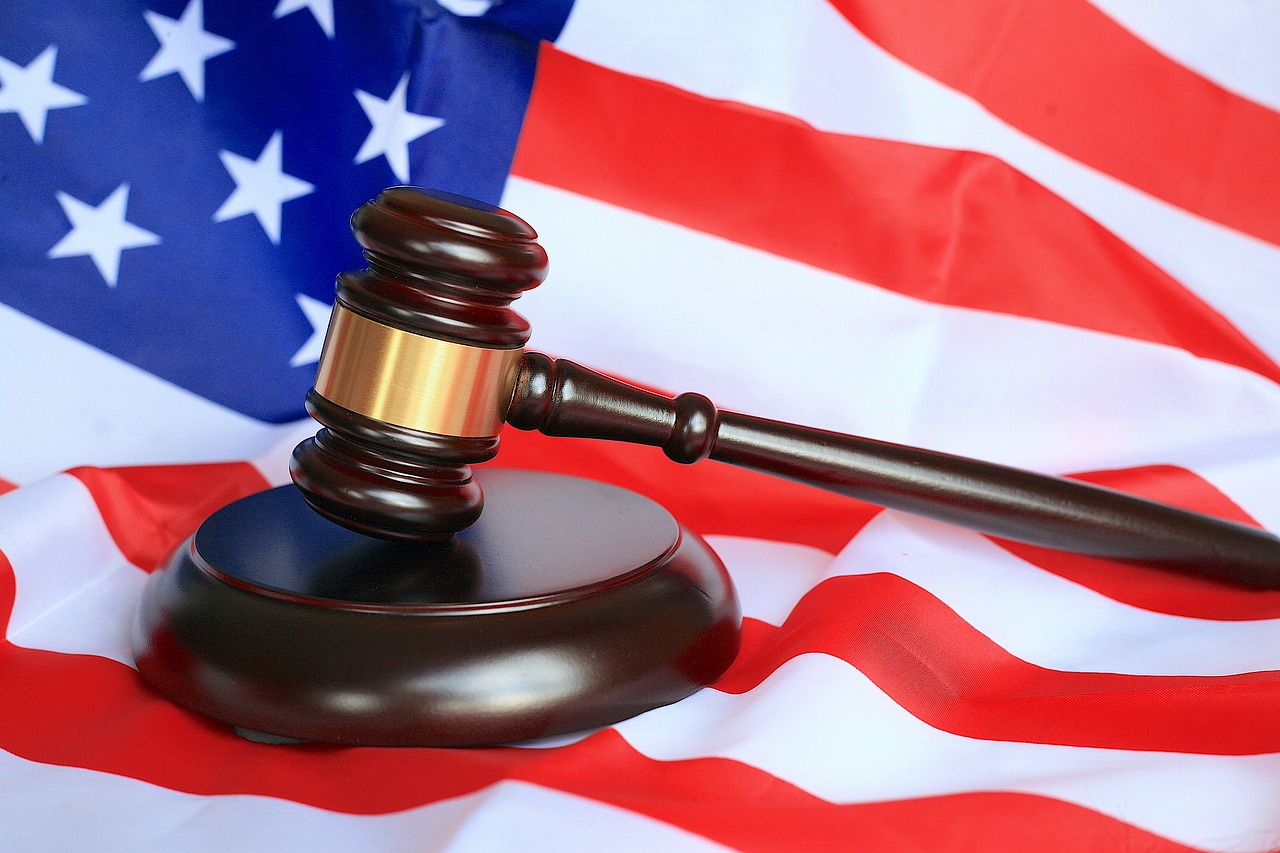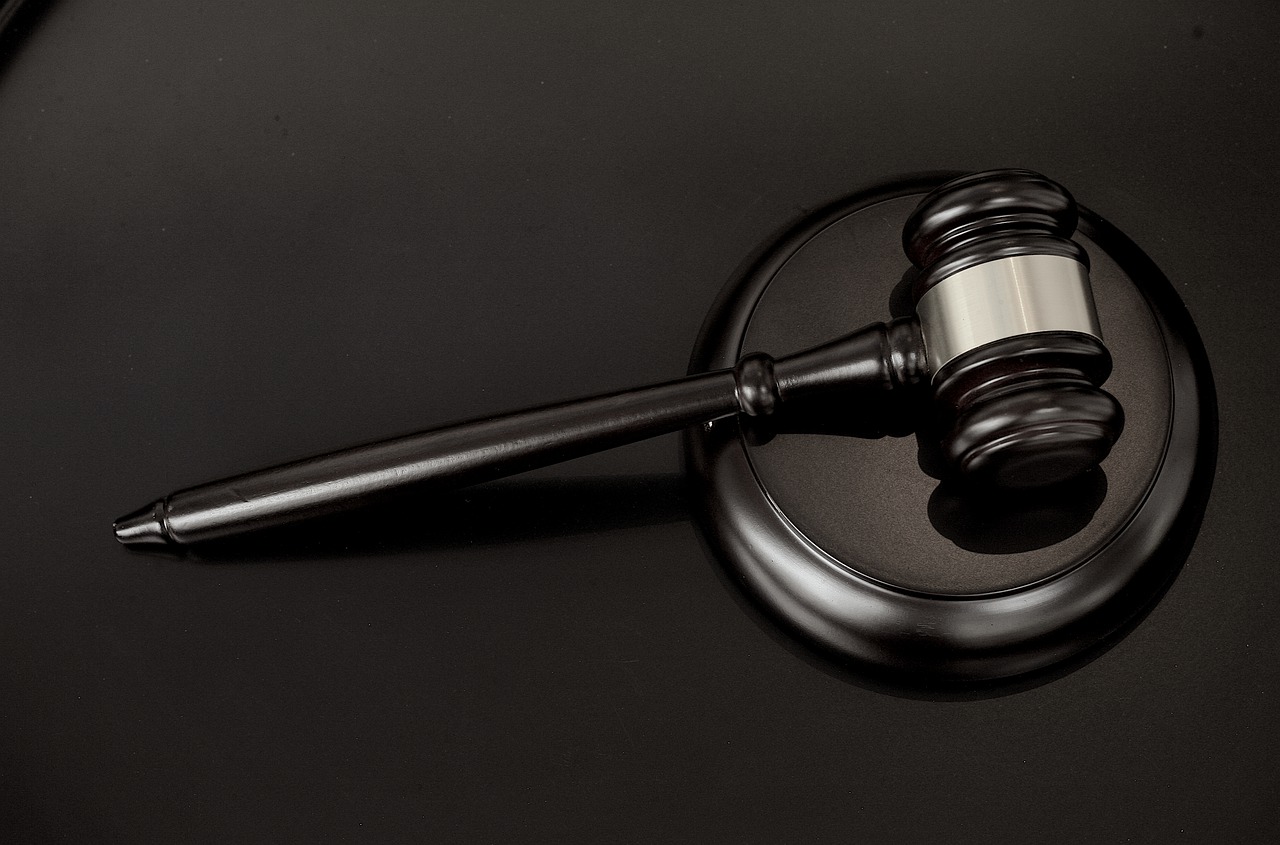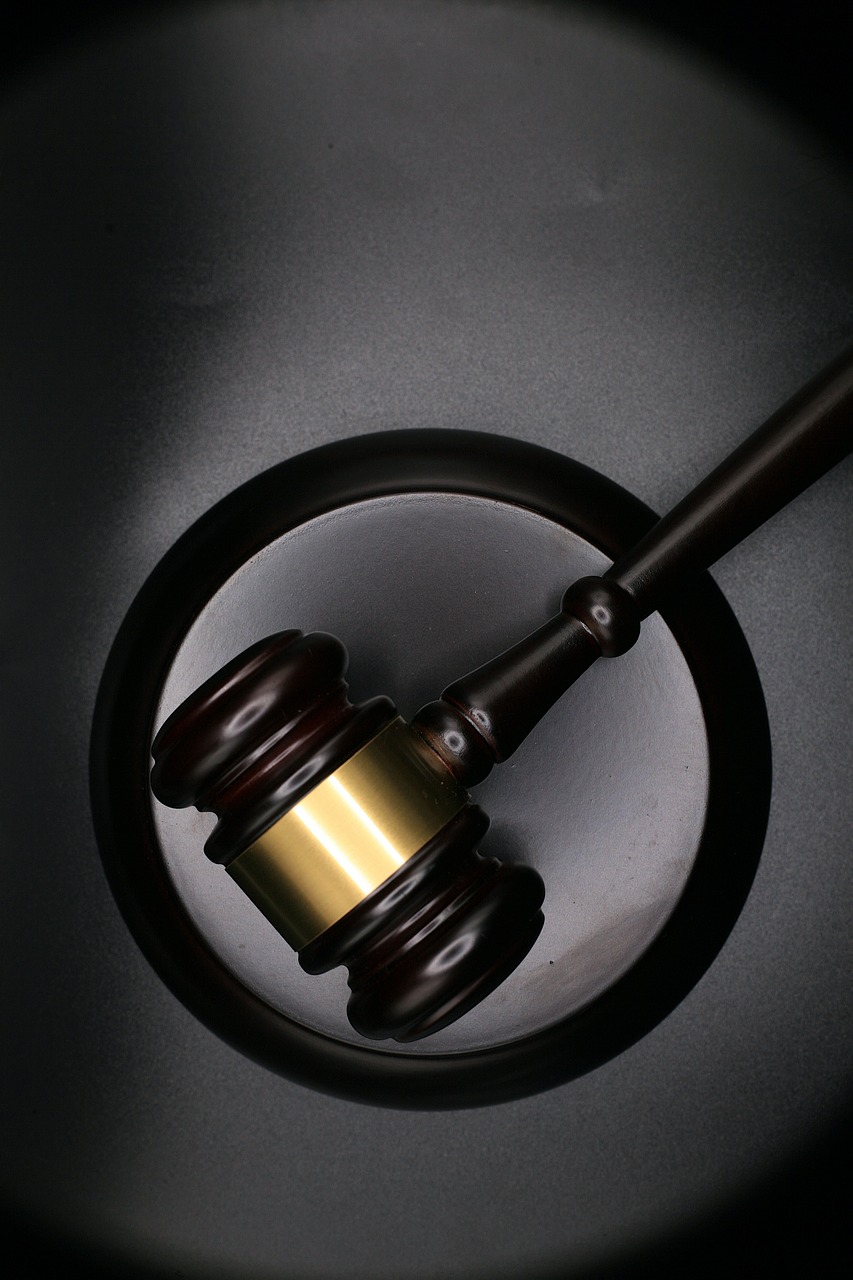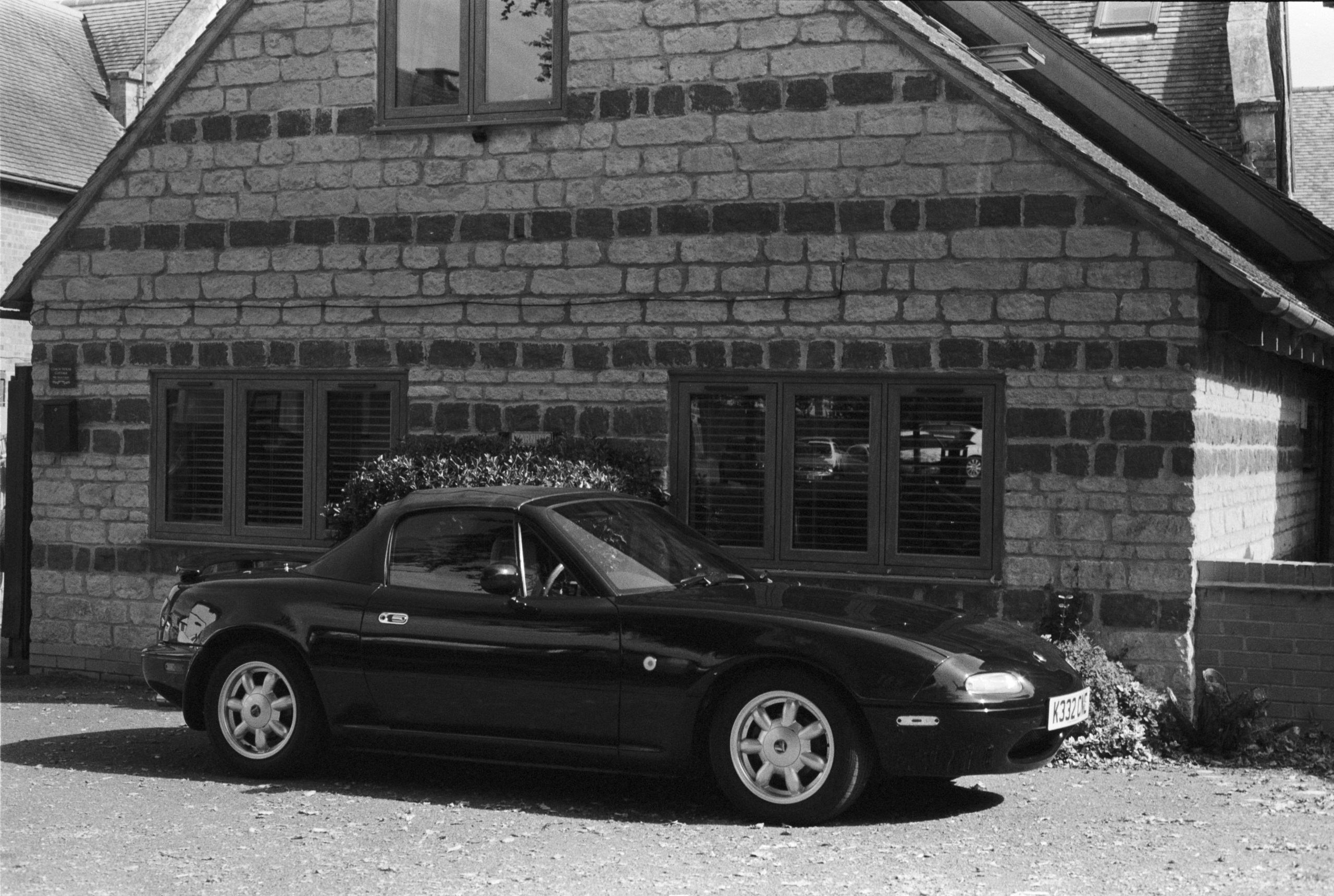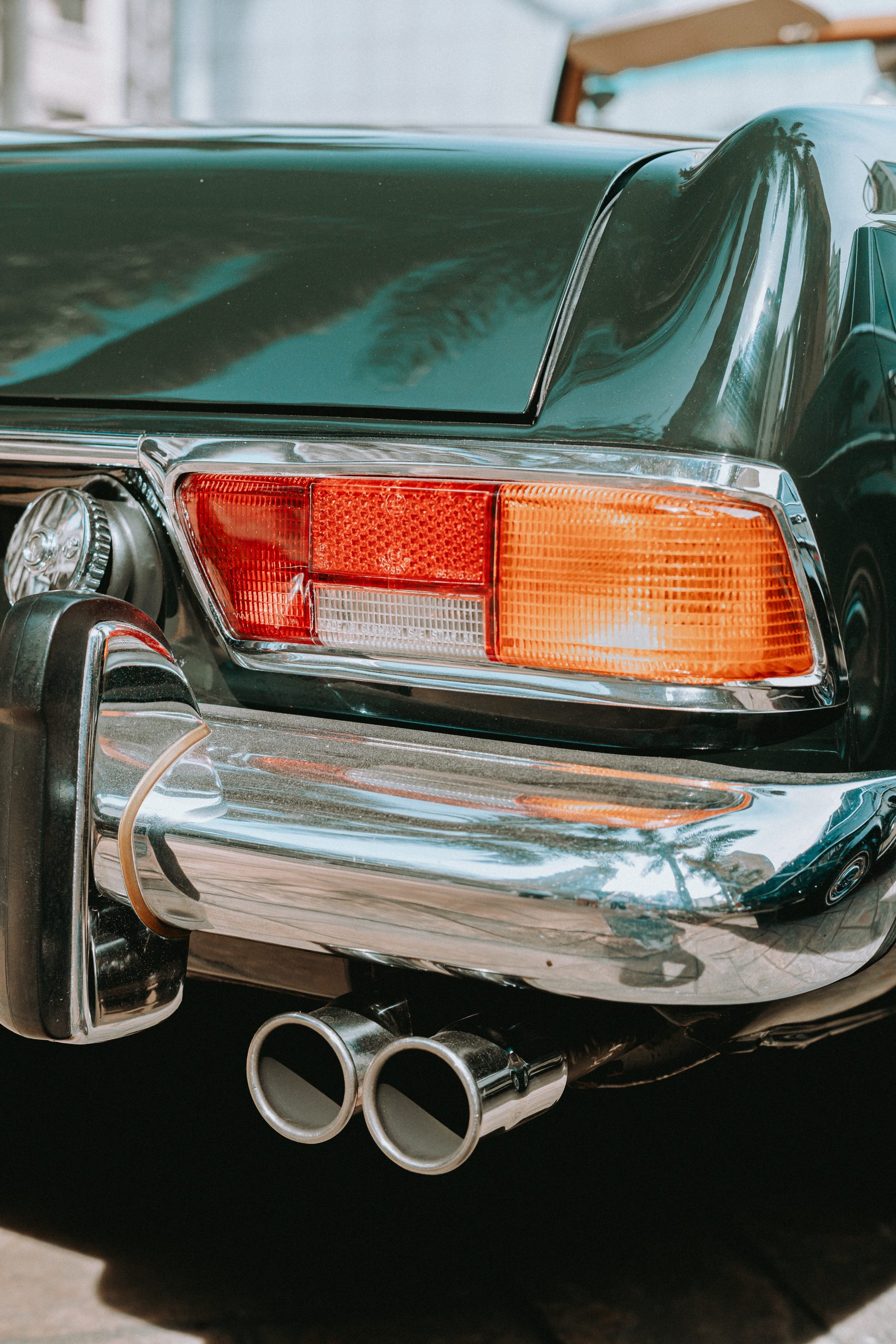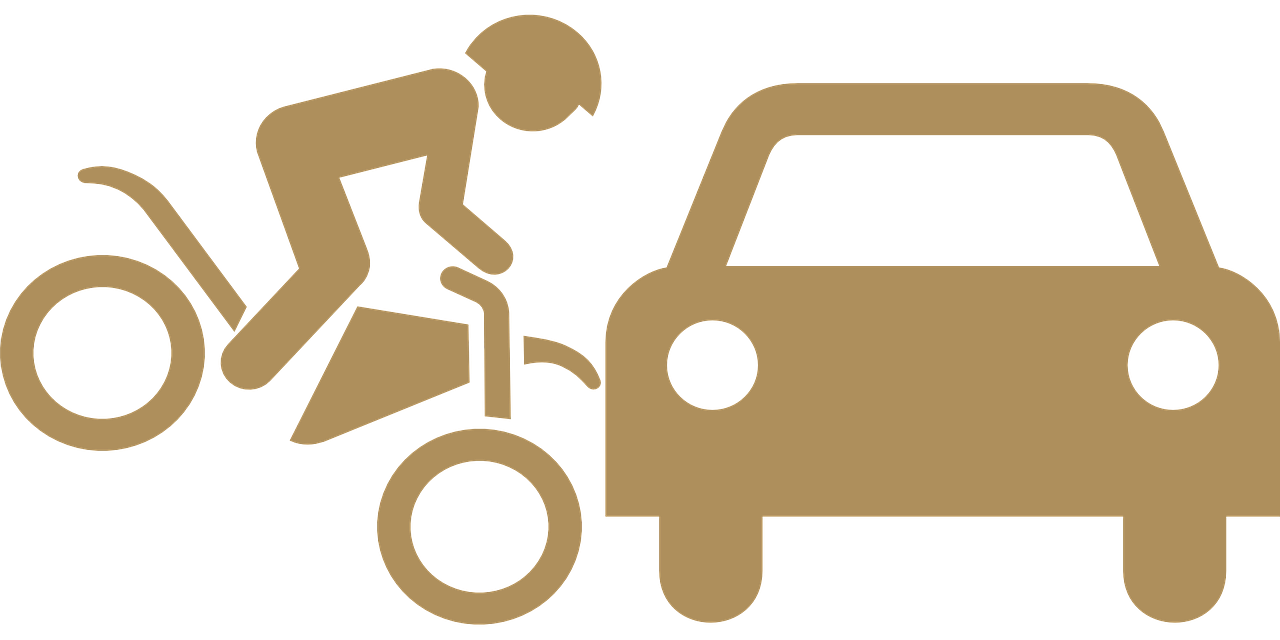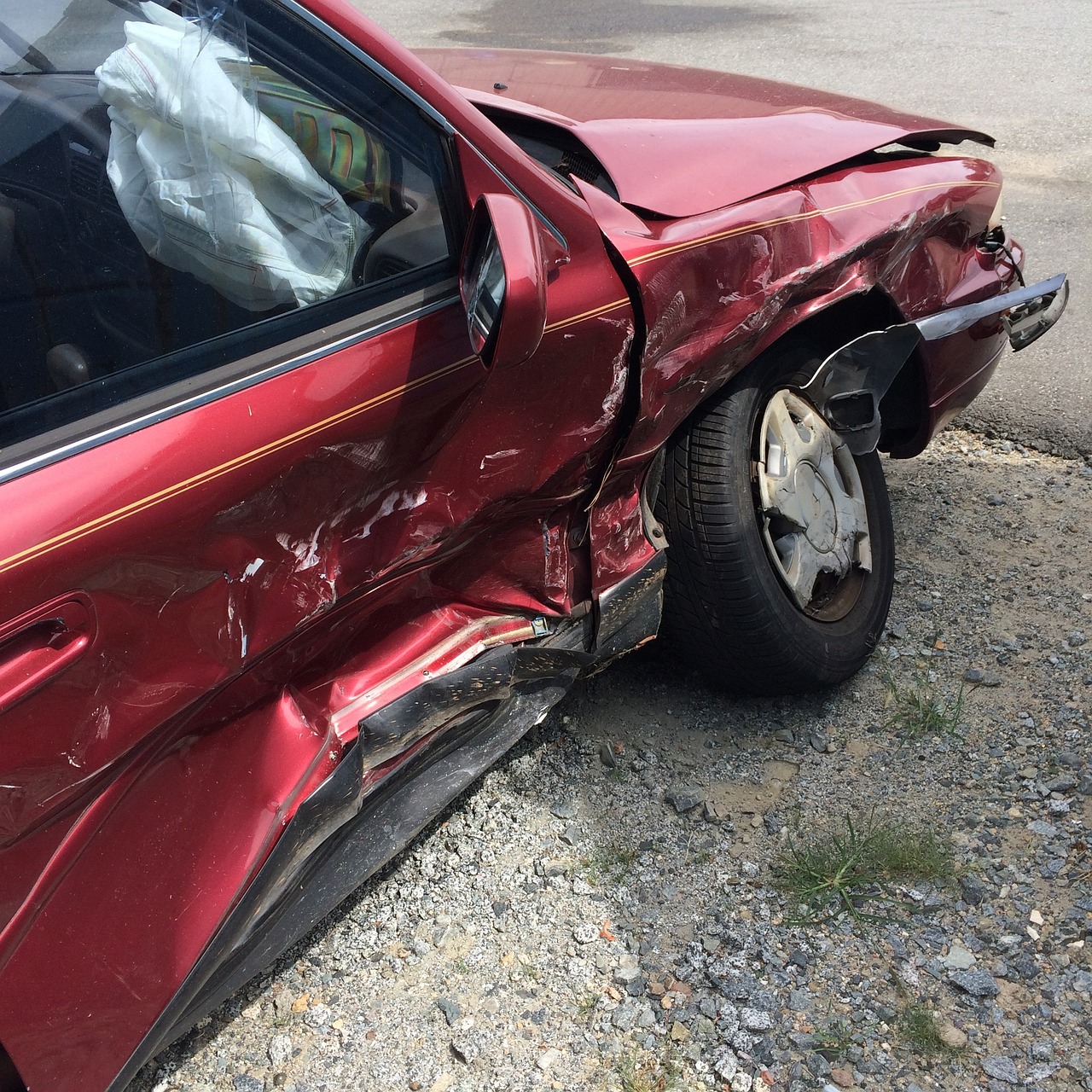Are you wondering how many hours a lawyer charges for a car accident case? If so, you’ve come to the right place! In this article, we will explore the intricacies of lawyer fees for car accident cases and provide you with all the information you need to make an informed decision. Whether you are the victim of a car accident seeking legal representation or simply curious about the billing practices, this article will offer a comprehensive understanding of how lawyers charge their clients for car accident cases. So let’s get started and uncover the facts together!
Factors Affecting Lawyer Hourly Rates
When seeking legal representation for a car accident case, it’s essential to understand the factors that can influence a lawyer’s hourly rates. By considering these factors, you can make an informed decision about which lawyer to hire and how much you can expect to pay for their services.
Experience and Expertise
One of the primary factors that can affect a lawyer’s hourly rate is their level of experience and expertise. Lawyers with more years of practice and a proven track record of successfully handling car accident cases typically command higher rates. This is because their knowledge and skills are valuable assets that can significantly benefit their clients.
When you hire an experienced lawyer, you can expect them to have a comprehensive understanding of the legal intricacies surrounding car accidents. They will be well-versed in the relevant laws, regulations, and case precedents, allowing them to build a strong argument on your behalf.
Location
The location in which you require legal representation can also impact the hourly rates charged by lawyers. Rates tend to be higher in urban areas and major cities, where the cost of living and operating a law firm is typically higher. On the other hand, rates may be lower in rural areas with a lower cost of living.
It’s important to consider the location factor when hiring a lawyer, but remember that the most crucial aspect is their experience and expertise rather than their location. It’s often worth paying a slightly higher fee for a highly skilled lawyer, even if they are located in a more expensive area.
Complexity of the Case
The complexity of your car accident case can heavily influence the hourly rates charged by lawyers. For instance, if your case involves multiple parties, extensive property damage, complicated legal issues, or severe injuries, it will likely require more time, effort, and resources to resolve.
Lawyers may need to conduct thorough investigations, gather evidence, consult with experts, and negotiate with insurance companies. These additional tasks will contribute to an increase in the time and skill required to handle your case and, consequently, the hourly rate you can expect to be charged.
Type of Legal Services Required
The specific legal services you require for your car accident case will also play a role in determining the lawyer’s hourly rates. Some common legal services for car accident cases include:
- Legal consultation and advice
- Drafting legal documents, such as complaints and settlement demands
- Negotiating with insurance companies
- Courtroom representation and litigation
Each of these services requires different levels of skill, time, and resources. For example, courtroom representation and litigation can be more time-consuming and demanding than providing legal advice. The complexity and scope of the legal services needed will influence the overall cost of hiring a lawyer.
Client’s Relationship with the Lawyer
The existing relationship between the client and the lawyer can also impact the hourly rates charged. In some cases, lawyers may offer discounted rates or provide flexible payment options to longstanding clients they have previously worked with. This is because they have already established trust and rapport, making it easier to negotiate fees.
If you have an ongoing relationship with a lawyer, it’s worth discussing any potential discounts or pricing arrangements that may be available to you. However, bear in mind that the primary focus should always be on finding a skilled and experienced lawyer who can effectively represent your interests.
Average Hourly Rates for Car Accident Cases
Understanding the average hourly rates for car accident cases can help you gauge how much you might expect to pay for legal representation. Keep in mind that rates can vary significantly depending on the factors mentioned above, so these figures are only rough estimates.
National Average Rates
On average, the hourly rates for car accident cases range from $150 to $350 per hour. However, it’s important to note that some highly experienced and reputable lawyers may charge rates exceeding this range due to their expertise and track record.
The national average rate gives you a starting point for understanding what you might expect to pay. However, it’s essential to consult with individual lawyers to get specific fee quotes that align with your unique case requirements.
Regional Differences
Rates for legal services can differ from one region to another due to variations in living costs, demand for legal services, and market conditions. For example, lawyers in major metropolitan areas and densely populated cities may charge higher rates than those in rural areas.
When considering regional differences, it’s crucial not to solely focus on rates. Instead, prioritize finding a lawyer with the right qualifications and experience, as their competence can have a far greater impact on the outcome of your case than small fluctuations in hourly rates.
Law Firm Size
The size of the law firm can also influence the hourly rates charged for car accident cases. Larger law firms with more resources and a well-established reputation may charge higher rates due to the perceived value they bring to the table.
Smaller law firms or solo practitioners may offer more competitive rates as they have lower overhead costs. However, this doesn’t necessarily mean that their quality of service is compromised. Many smaller firms or solo practitioners have extensive experience and a high level of expertise, offering excellent representation at affordable rates.
When considering the size of the law firm, it’s important to focus on their reputation, experience, and track record rather than the firm’s size alone. The quality of the legal services provided should always be your top priority.

Retainer Fees and Billing Methods
Apart from hourly rates, another aspect of legal fees to consider when hiring a lawyer for a car accident case is the retainer fee and billing method. Understanding these financial arrangements will help you budget and plan accordingly.
Flat Fee Retainer
In some cases, lawyers may charge a flat fee retainer for car accident cases. This means you will pay a fixed amount upfront to secure the lawyer’s services. This type of billing method provides predictable costs and can be beneficial if the lawyer has a clear understanding of the scope of work involved.
When choosing a flat fee retainer, ensure that you have a thorough understanding of what services are included in the fee and what additional costs might be incurred throughout the duration of your case.
Hourly Billing
Hourly billing is a common method used by lawyers, where you are billed for the actual time spent on your case. The hourly rate discussed earlier will determine the cost per hour.
When working with an hourly billing structure, it’s important to establish clear communication with your lawyer about the estimated time required for your case. This will help you anticipate costs and ensure that you are not caught off guard by unexpected fees.
Contingency Fees
In some car accident cases, lawyers may work on a contingency fee basis. This means that the lawyer will only be paid if they win or settle the case on your behalf. Typically, contingency fees are a percentage of the final settlement or award, and you will not be required to pay any fees upfront.
Contingency fees can be an attractive option for individuals who do not have the financial means to pay for legal representation upfront. It aligns the interests of the lawyer and the client, as the lawyer’s payment is contingent upon the successful outcome of the case.
However, it’s important to understand the percentage of the contingency fee beforehand to be aware of the financial implications once your case is resolved. Make sure to discuss this option with your lawyer and carefully review the terms of the fee agreement before proceeding.
Hours Spent on Initial Case Evaluation
Before delving into the specific tasks involved in a car accident case, it’s crucial to understand the initial case evaluation process. Lawyers spend a significant amount of time evaluating the circumstances surrounding your accident to determine the strength and viability of your case.
Gathering Information
During the initial case evaluation, lawyers will gather all relevant information related to your car accident. This includes obtaining details about the accident itself, the parties involved, insurance coverage, witness statements, and any available photographic or video evidence.
Gathering this information is crucial for building a strong case and providing an accurate assessment of your legal options. The time spent on gathering information will depend on the complexity of your case and the availability of documentation and witnesses.
Research and Analysis
Once lawyers have gathered the necessary information, they will conduct extensive research and analysis to determine the applicable laws, regulations, and case precedents that may apply to your car accident case. This involves examining relevant statutes, legal doctrines, and court decisions that may affect your rights and legal standing.
Research and analysis are essential for developing effective legal strategies and arguments that strengthen your position. This phase of the case evaluation process can be time-consuming, as it requires thorough investigation and careful consideration of all relevant legal factors.
Consultations
During the case evaluation, lawyers may also consult with other legal professionals or subject matter experts to gain further insights into the intricacies of your case. This can include seeking advice on medical issues, accident reconstruction, or specific legal theories.
Consultations provide valuable expert opinions that can enhance the lawyer’s understanding of your case and contribute to the development of comprehensive legal strategies. The amount of time spent on consultations will depend on the complexity of your case and the need for specialized expertise.
Documentation
Throughout the initial case evaluation, lawyers will also document their findings, strategies, and recommendations. This may involve preparing memos, reports, or other written materials that summarize the information gathered, legal analysis conducted, and proposed courses of action.
Documentation is vital not only for the lawyer’s reference but also for providing you with a clear understanding of your case’s strengths, weaknesses, and potential outcomes. Lawyers spend considerable time ensuring that all relevant details are accurately reflected in their documentation.

Investigating the Accident and Gathering Evidence
Once the initial case evaluation is complete, the next phase involves investigating the accident and gathering evidence to build a solid foundation for your case. This process entails various tasks aimed at uncovering crucial information that supports your legal claims.
Scene Investigation
Lawyers may conduct a thorough investigation of the accident scene to gather valuable evidence regarding what transpired and who may be at fault. This can involve visiting the scene, taking photographs, measuring distances, and examining the road conditions and signage.
Scene investigations are crucial for reconstructing the accident and determining liability. It helps lawyers establish a clear understanding of the sequence of events and assess whether any parties involved, such as the other driver or local authorities, may have contributed to the accident.
Witness Interviews
In addition to investigating the scene, lawyers may also conduct interviews with witnesses who were present at the time of the accident. Witness interviews provide valuable firsthand accounts that can corroborate your version of events and strengthen your case.
Interviewing witnesses requires time and careful questioning to elicit accurate and detailed information. Lawyers may also consult with experts in witness psychology to enhance their interviewing techniques and maximize the value of witness statements.
Obtaining Police Reports
Police reports are often instrumental in car accident cases, as they document the details of the accident, statements from involved parties, and the responding officer’s observations. Lawyers will request these reports from the relevant law enforcement agencies to bolster their understanding of the incident.
Obtaining police reports can involve navigating administrative processes, submitting formal requests, and following up with authorities. Lawyers spend time ensuring that all necessary reports are obtained and thoroughly analyzed to inform their legal strategies.
Reviewing Medical Records
When injuries are involved in a car accident case, lawyers will extensively review your medical records to understand the full extent of your injuries, treatment received, and potential long-term effects. This involves obtaining your medical records, consulting with medical experts, and analyzing the documentation.
Reviewing medical records is crucial for accurately assessing the damages you may be entitled to, including medical expenses, lost wages, pain and suffering, and future medical needs. Lawyers dedicate significant time to thoroughly understanding the medical aspects of your case to provide sound legal advice.
Legal Research and Preparing Legal Documents
Once the initial case evaluation and evidence gathering stages are complete, lawyers embark on the process of conducting legal research and preparing various legal documents necessary for your car accident case.
Interpretation of Laws
Legal research involves a comprehensive analysis of the applicable laws and regulations governing car accidents and personal injury claims. Lawyers will examine statutes, case laws, and legal principles to develop a deep understanding of how these laws pertain to your specific case.
Interpreting laws requires expertise, as it involves extracting relevant legal concepts, identifying potential arguments, and formulating compelling legal strategies. Lawyers must stay up to date with any recent developments or changes in the laws and adapt their approach accordingly.
Case Precedents
Case precedents play a significant role in the outcome of legal disputes. Lawyers will extensively research relevant cases that have similar factual circumstances and legal issues to your car accident case. This allows them to gain insights into how these cases were resolved and use them as persuasive authorities when advocating for your rights.
Analyzing case precedents requires meticulous attention to detail and an ability to identify key similarities and differences between cases. Lawyers spend ample time reviewing previous court decisions and distilling the most impactful precedents to support your case.
Drafting Pleadings
Pleadings are legal documents filed with the court that outline the parties involved, the legal claims being made, and the relief sought. Lawyers spend time meticulously drafting these pleadings to ensure they accurately reflect your case’s facts, allegations, and legal arguments.
Drafting pleadings requires a strong command of legal writing and the ability to present complex legal concepts in a clear and persuasive manner. Lawyers pay attention to detail, ensuring that all necessary elements are included and that language is concise and effective.
Preparing Settlement Demands
In many car accident cases, lawyers will engage in settlement negotiations with the insurance company or opposing party. To initiate these negotiations, lawyers must carefully prepare settlement demands that outline the damages you are seeking and the legal basis for these claims.
Preparing settlement demands involves analyzing the evidence, calculating the appropriate compensation amounts, and crafting persuasive arguments to support your position. Lawyers spend time reviewing medical records, analyzing financial losses, and providing an accurate assessment of the damages you have incurred.
Negotiating with Insurance Companies
An important aspect of resolving a car accident case is negotiating with insurance companies to reach a fair settlement. Lawyers will engage in communication and negotiations with insurance adjusters to pursue the best possible outcome for your case.
Communications with Insurance Adjusters
Lawyers will handle all communications with insurance adjusters on your behalf. This involves submitting demand letters, responding to counteroffers, and providing additional evidence or documentation as required. Lawyers leverage their negotiation skills and legal expertise to advocate for your best interests during these interactions.
Effective communication with insurance adjusters is crucial to achieving a favorable settlement. Lawyers spend time carefully crafting correspondence, ensuring that all relevant information is conveyed, and negotiations progress in a productive manner.
Evaluating Settlement Offers
As settlement offers are presented, lawyers thoroughly evaluate each offer to determine whether it aligns with your best interests. They consider various factors such as the strength of your case, the extent of your damages, and potential risks and expenses associated with taking the case to trial.
Evaluating settlement offers requires a keen understanding of the law and an ability to assess the risk-benefit tradeoffs involved. Lawyers provide you with sound advice based on their analysis and recommendations on whether to accept or reject settlement offers.
Counter-Offering
In response to settlement offers that do not meet your expectations, lawyers may counter-offer to negotiate better terms. This involves presenting a well-supported counter-proposal that takes into account the strength of your case, the value of your damages, and any additional legal considerations.
When counter-offering, lawyers must strike a delicate balance between assertiveness and flexibility. They will leverage their negotiation skills to advocate for a fair resolution while remaining open to constructive dialogue and compromising when it serves your best interests.
Court Filings and Trial Preparation
In some car accident cases, it may be necessary to proceed with formal court filings and trial preparation. Lawyers will dedicate substantial time and effort to these stages, ensuring that all necessary legal documents are filed correctly and that they are fully prepared for trial if it becomes necessary.
Preparing Complaints
To initiate a lawsuit, lawyers will draft and file complaints with the court. Complaints outline your legal claims, the facts supporting those claims, and the relief sought. Lawyers spend time carefully preparing complaints to meet the court’s requirements and effectively convey your case’s merits.
Preparing complaints requires a deep understanding of procedural rules, evidentiary requirements, and legal drafting techniques. Lawyers leverage their expertise to craft comprehensive and persuasive complaints that set the stage for your legal proceedings.
Filing Motions
Throughout the course of your car accident case, various motions may need to be filed with the court to address specific legal issues or procedural matters. Lawyers will draft these motions, submit them to the court, and argue their merits in hearings.
Filing motions involves extensive legal research, strategic analysis, and persuasive writing. Lawyers spend time crafting compelling arguments and ensuring that all required documentation and supporting materials are included in their motion submissions.
Discovery Process
The discovery process allows both parties in a lawsuit to exchange relevant information, evidence, and documentation. Lawyers will engage in discovery to gather information from the opposing party through written requests, depositions, and interrogatories.
During the discovery process, lawyers meticulously review the information provided by the opposing party, identify any hidden evidence, and prepare their own responses to discovery requests. This ensures that all parties have access to the necessary facts and evidence to make informed decisions.
Expert Witness Coordination
Expert witnesses can provide crucial insights and testimony that support your legal claims. Lawyers will coordinate with expert witnesses, such as accident reconstruction specialists or medical professionals, to ensure their availability and readiness for trial.
Coordinating with expert witnesses involves scheduling meetings, preparing them for testimony, and ensuring that all necessary documentation and evidence are provided to support their opinions. Lawyers spend time building strong relationships with expert witnesses and effectively incorporating their expertise into your case.

Courtroom Representation and Litigation
If your car accident case advances to trial, lawyers will provide courtroom representation and engage in litigation. This involves presenting your case before a judge or jury, cross-examining witnesses, presenting evidence, and delivering closing arguments.
Opening Statements
At the beginning of a trial, lawyers will deliver opening statements that set the stage for your case. They provide an overview of the evidence to be presented, outline the legal arguments, and establish a persuasive narrative that will guide the judge or jury’s understanding of the case.
Opening statements require strong oral advocacy skills and the ability to engage and captivate the judge or jury. Lawyers spend time rehearsing and refining their opening statements to ensure they effectively convey your case’s strengths and key messages.
Cross-Examination
During trial, lawyers have the opportunity to cross-examine witnesses presented by the opposing party. Cross-examination aims to challenge the credibility and accuracy of the witness’s testimony, highlight inconsistencies, and extract favorable information for your case.
Cross-examination requires sharp analytical skills, quick thinking, and an in-depth understanding of the facts and legal issues at hand. Lawyers spend time strategizing and formulating effective lines of questioning to elicit the desired responses from witnesses.
Presenting Evidence
Lawyers will present evidence supporting your case, including witness testimony, expert opinions, documents, photographs, videos, or any other relevant materials. They will carefully organize and present this evidence to ensure that it is admissible and persuasive.
Presenting evidence involves meticulous preparation, attention to detail, and an ability to tell a compelling story that resonates with the judge or jury. Lawyers spend time strategizing the presentation of evidence to maximize its impact and strengthen your case.
Closing Arguments
Closing arguments are the final opportunity for lawyers to deliver persuasive speeches that sum up the evidence presented and argue why their client is entitled to a favorable verdict. They highlight key points, articulate legal theories, and appeal to the judge or jury’s sense of justice.
Closing arguments require exceptional oratory skills, the ability to distill complex legal concepts into simple and relatable terms, and a deep understanding of the case dynamics. Lawyers spend time crafting and rehearsing their closing arguments to leave a lasting impression on the decision-makers.
FAQs
How much does a lawyer charge per hour for a car accident case?
The average hourly rates for car accident cases range from $150 to $350 per hour. However, rates can vary depending on factors such as the lawyer’s experience, expertise, location, and the complexity of your case.
Do all lawyers charge the same hourly rate?
No, not all lawyers charge the same hourly rate. Rates can vary depending on several factors, including the lawyer’s experience, expertise, location, and the complexity of your case.
Can I negotiate the lawyer’s fees?
In some cases, you may be able to negotiate a lawyer’s fees depending on the circumstances and the lawyer’s flexibility. It’s always worth discussing your financial situation and exploring any potential fee arrangements or discounts with the lawyer.
Are there any additional costs besides the hourly rates?
In addition to hourly rates, there may be additional costs associated with your car accident case. These can include court filing fees, expert witness fees, costs for obtaining medical records or accident reports, and other litigation expenses. It’s important to discuss these potential costs with your lawyer upfront.
What if I cannot afford a lawyer?
If you cannot afford a lawyer for your car accident case, you may be eligible for legal aid or pro bono services. Reach out to local legal aid organizations or bar associations to inquire about free or low-cost legal services available in your area.
